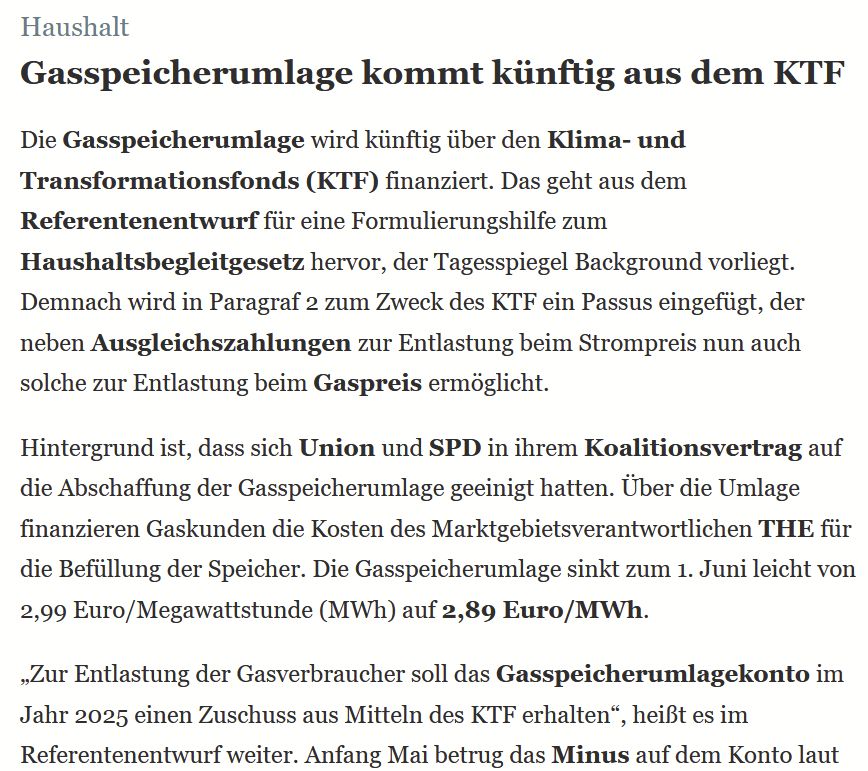
Head of Dept Climate Economics and Policy at PIK, Professor on Climate & Growth at U Potsdam, working on Carbon Price, Sustainability, Carbon Removal

We propose a mechanism ensuring weak Pareto improvements across income groups, homeowners & generations—with low informational requirements. doi.org/10.25932/pub.... Here's how it works:
Reposted by Matthias Kalkuhl

„𝗪𝗶𝗲 𝗸𝗮𝗻𝗻 𝗱𝗶𝗲 𝗱𝗲𝘂𝘁𝘀𝗰𝗵𝗲 𝗦𝗰𝗵𝘂𝗹𝗱𝗲𝗻𝗯𝗿𝗲𝗺𝘀𝗲 𝗴𝗿𝘂̈𝗻𝗲𝗿 𝘄𝗲𝗿𝗱𝗲𝗻?“ – dieser Frage widmen wir uns in einem neuen Beitrag in 𝘗𝘦𝘳𝘴𝘱𝘦𝘬𝘵𝘪𝘷𝘦𝘯 𝘥𝘦𝘳 𝘞𝘪𝘳𝘵𝘴𝘤𝘩𝘢𝘧𝘵𝘴𝘱𝘰𝘭𝘪𝘵𝘪𝘬: www.degruyterbrill.com/document/doi...
Mit O. Edenhofer, U. Eydam, M. Heinemann und @mkalkuhl.bsky.social.
Details:

Reposted by Matthias Kalkuhl

Reposted by Matthias Kalkuhl

@jacobedenhofer.bsky.social
👇
hertie-school.dvinci-easy.com/en/p/en/jobs...
Reposted by Matthias Kalkuhl, Francis Ruiz

www.bioecon-network.org/pages/26th_2...

Working Paper (EN): www.ifw-kiel.de/fileadmin/Da...
Dank an alle Koautor*innen @joschkawanner.bsky.social @danielspiro.bsky.social @timbeaufils.bsky.social s.bsky.social @ct-economics.bsky.social, L Stern, P Richter, M de Vries, K. Conyngham



the full working paper here: www.ifw-kiel.de/fileadmin/Da...
Thanks to @joschkawanner.bsky.social @danielspiro.bsky.social @timbeaufils.bsky.social @ct-economics.bsky.social, L Stern, P Richter, M de Vries, K. Conyngham


Reposted by Matthias Kalkuhl

Reposted by Matthias Kalkuhl

www.pik-potsdam.de/en/news/late...

